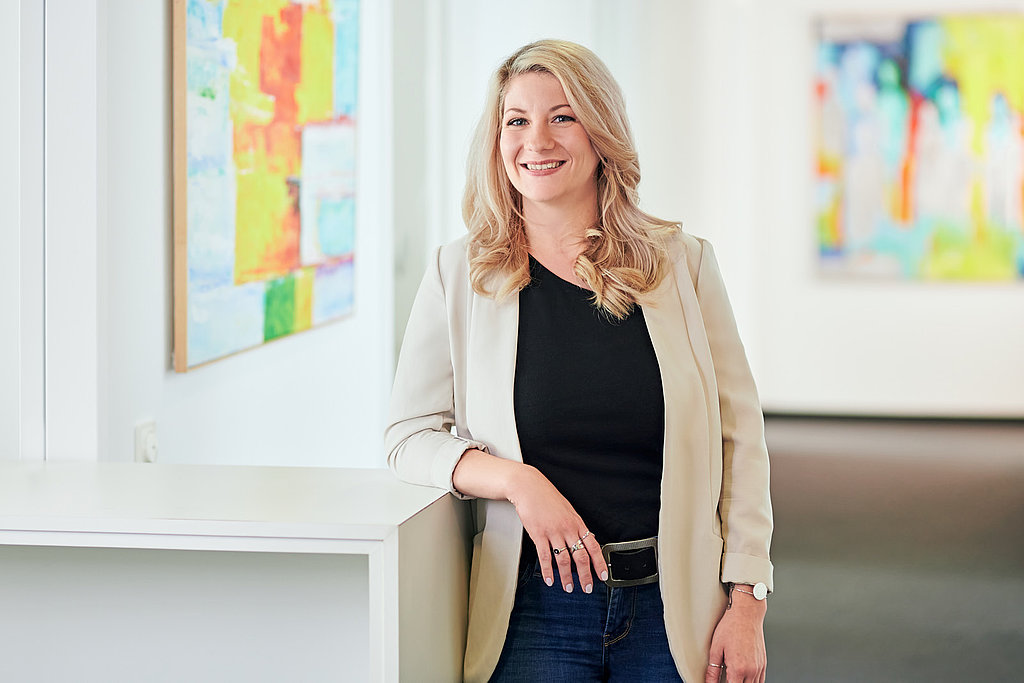
09. May 2023
TSI Training
Cash Flow Modelling for Securitisations
The workshop will guide participants through the cash flow modelling approaches of securitisations, with a specific focus on Auto and Consumer ABS as well as RMBS. Besides explaining the various elements and alternatives of typical structures, the workshop follows a step-by-step approach how to create a CFM in Excel from scratch.
Objectives for participants:
- Setting up cash flow models for Auto and Consumer ABS
- Modelling CPR, delinquency and default rate vectors and analysing the impact
- on cash flows
- Creating output sheets and visualisations including WAL calculations and payment
- windows
- Understanding and modelling of extensions such as revolving periods, call features,
- principal deficiency ledgers and overcollateralization structures with no excess
- spread
- Modelling rating agency and stress scenarios
- Better understanding the sensitivities and drivers when using web-based models
- from commercial vendors
Who should attend:
The training is dedicated for securitisation professionals from originators, arrangers, investors, risk managers and service providers to ABS transactions, all who want to learn and understand cash flow modelling in a ‘bootcamp’ environment. While in practice many cash-flow models are provided by commercial vendors, the workshop deliberately follows a transparent approach in order to give participants a bottom-up understanding of cash flow issues. Given the focus on modelling in Excel, experience in Excel is a prerequisite for the workshop although VBA skills are not required.
Agenda
Tuesday, 09.05.2023
Welcome by TSI
Introduction and overview of Cash Flow Modelling (CFM)
- Key concepts: Asset versus liability modelling
- Combined versus separate cash flow waterfalls
- Typical elements of waterfalls and logic
- Variations and customisation requirements
- Legal definition challenges in practice
CFM in Excel – Getting started
- Preparation of the Excel model
- Explanation of Auto ABS Silver Arrow 9 as example structure
Coffee break
CFM in Excel – Module 1
- Timing and frequency
- Creating a model input sheet
- Key ‘balance sheet’ inputs
- Performance vectors
- Modelling asset cash flows
- Scheduled interest and principal
- Prepayments and defaults/losses
- Modelling delinquencies and payment holidays
Lunch
CFM in Excel – Module 2
- Creating a base waterfall
- Calculating available revenue and principal
- Calculating the basic waterfall items
- Creating summary statistics and graphs
Coffee break
CFM in Excel – Module 3
- Inclusion of additional key features
- Interest rate swap
- Cash reserve account
- Clean-up and optional calls
- Modelling trigger and events
- Post enforcement waterfall
- Discussion of multiple replines
Get together
Wednesday, 10.05.2023
CFM in Excel – Module 4
- Updates and Versioning
- Extension: Auto ABS Globaldrive 2018
- Separate waterfalls for interest and principal
- Principal deficiency ledgers
- Extension: Auto ABS CARS 2022-1
- Product specific modelling – a UK example
- Different reserve account concepts
Coffee break
CFM in Excel – Module 5
- Extension: Auto ABS VW Driver Transactions
- OC structures with no excess spread
- Switch sequential/pro-rata
- Checks and quality assurance
Lunch
Rating agency aspects and approaches for CFM
- Asset versus cash flow stresses
- Examples for typical stress vectors and rating agency assumptions
- Implementation into the cash flow models
Looking at residential mortgages
- Key differences for RMBS
- Revolving periods including triggers
- Different payment frequencies assets / liabilities
- Class X notes
Conclusion
Prior to co-founding Integer Advisors, he led the build-out of European Datawarehouse GmbH (EDW), Europe‘s first centralised securitisation data repository, serving as its CEO until January 2017.
Before joining EDW, Markus held various senior management roles in structured finance at the European Investment Fund, Deutsche Bank AG London, and Fitch Ratings Ltd.
Markus holds a Master’s degree in Banking and Accounting (Diplom-Kaufmann) from Philipps-University Marburg, as well as a Master's degree in Business Analytics and Big Data from IE University Madrid.
Kontakt
Sie haben Fragen zu dieser Veranstaltung?
Gerne stehe ich Ihnen für Ihre Fragen zur Seite!


